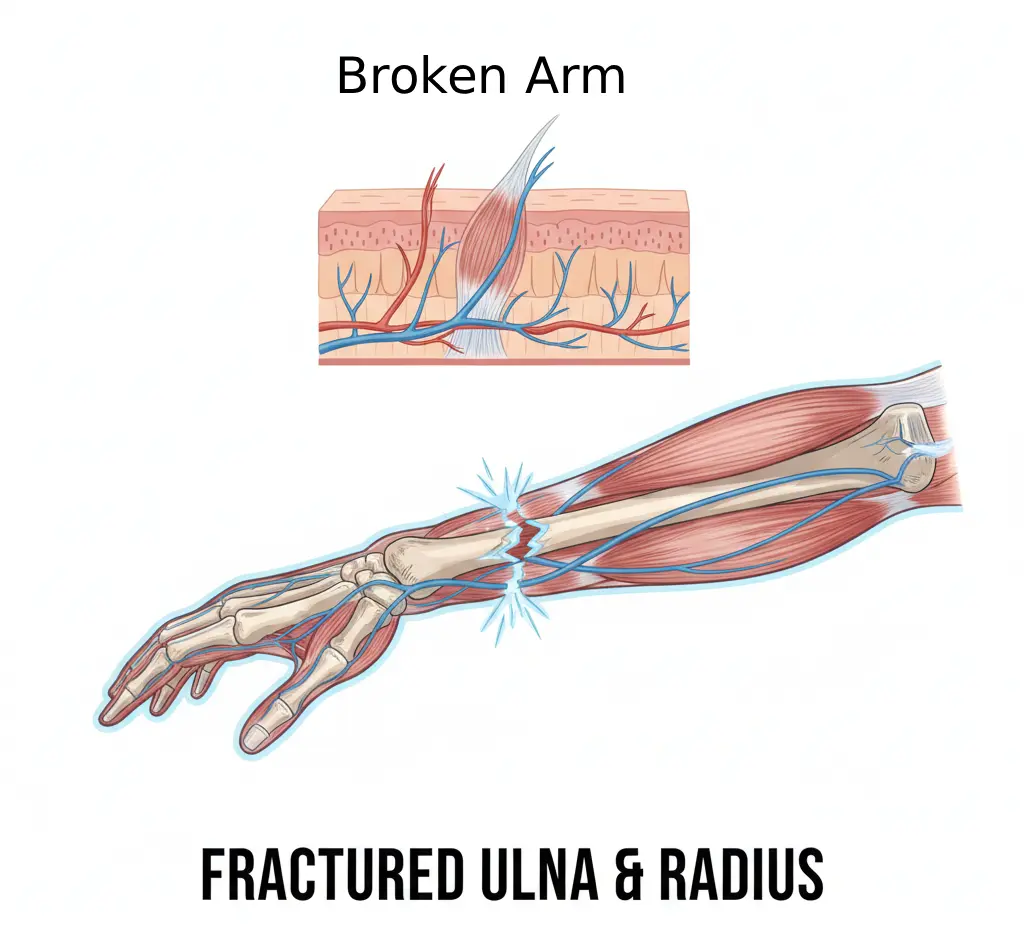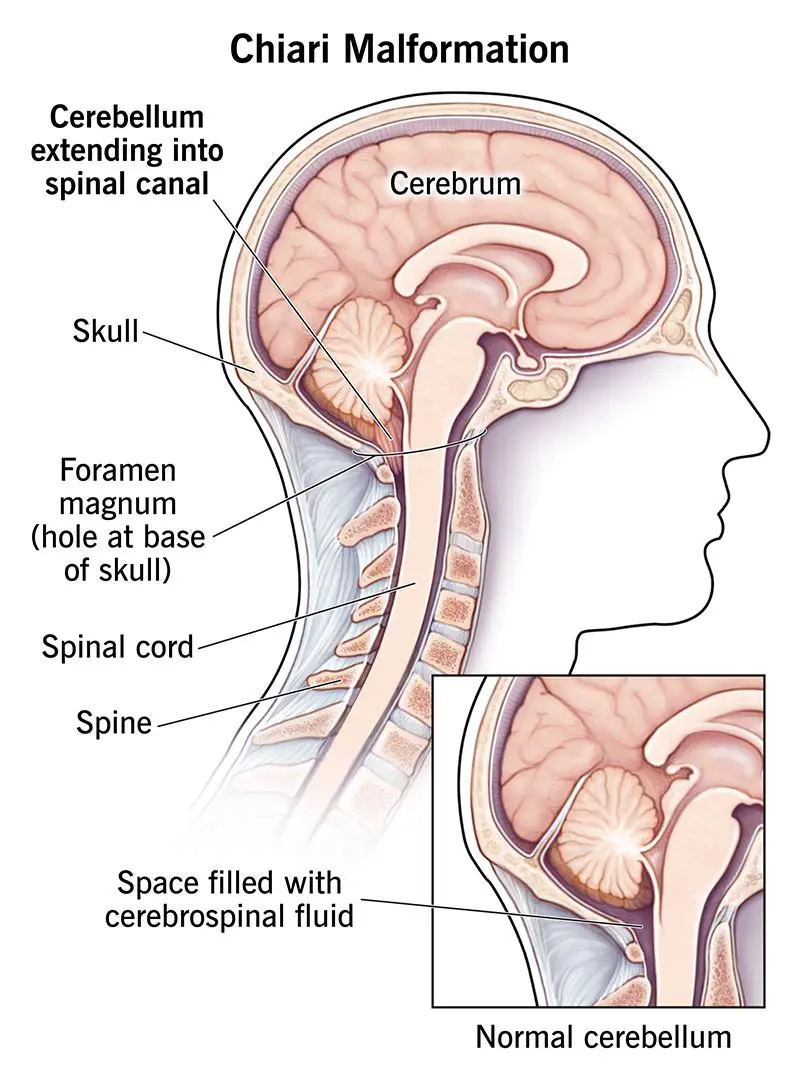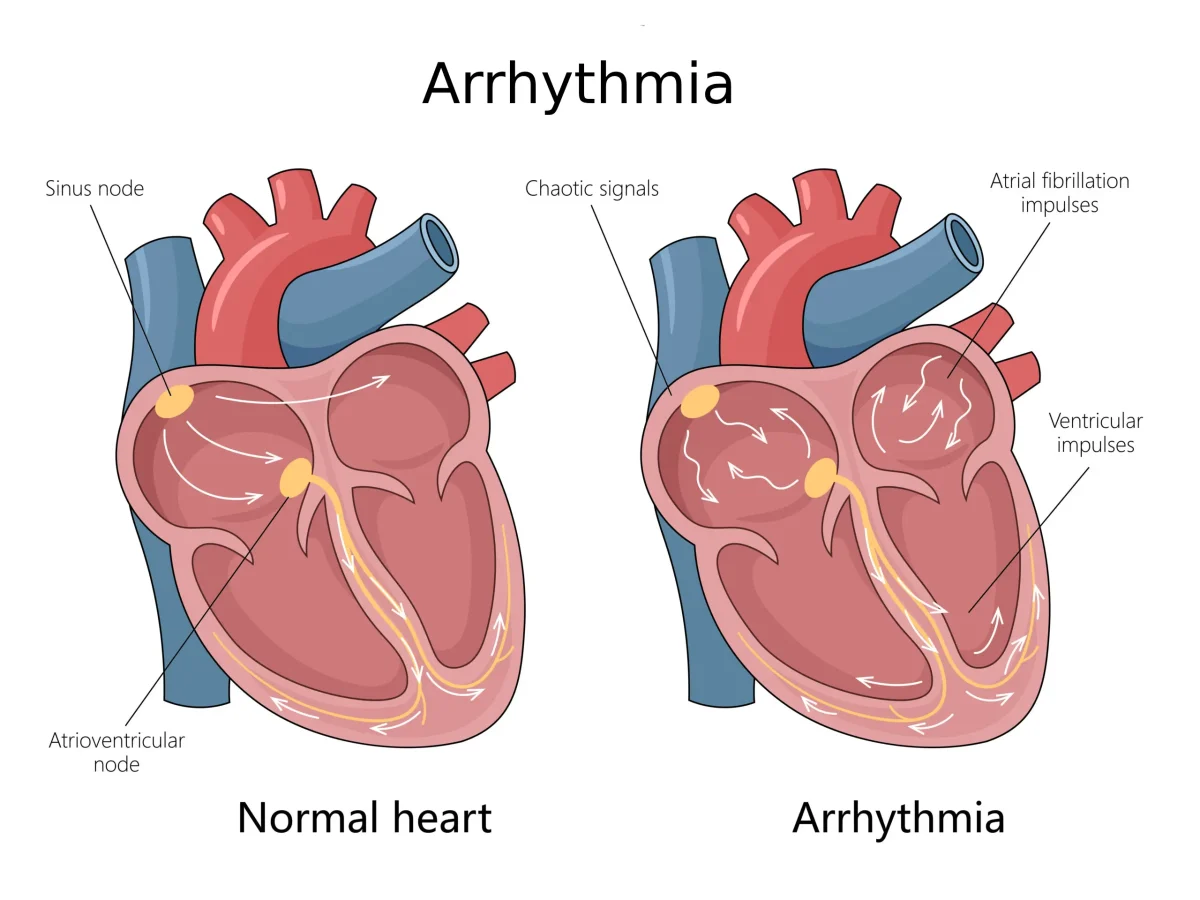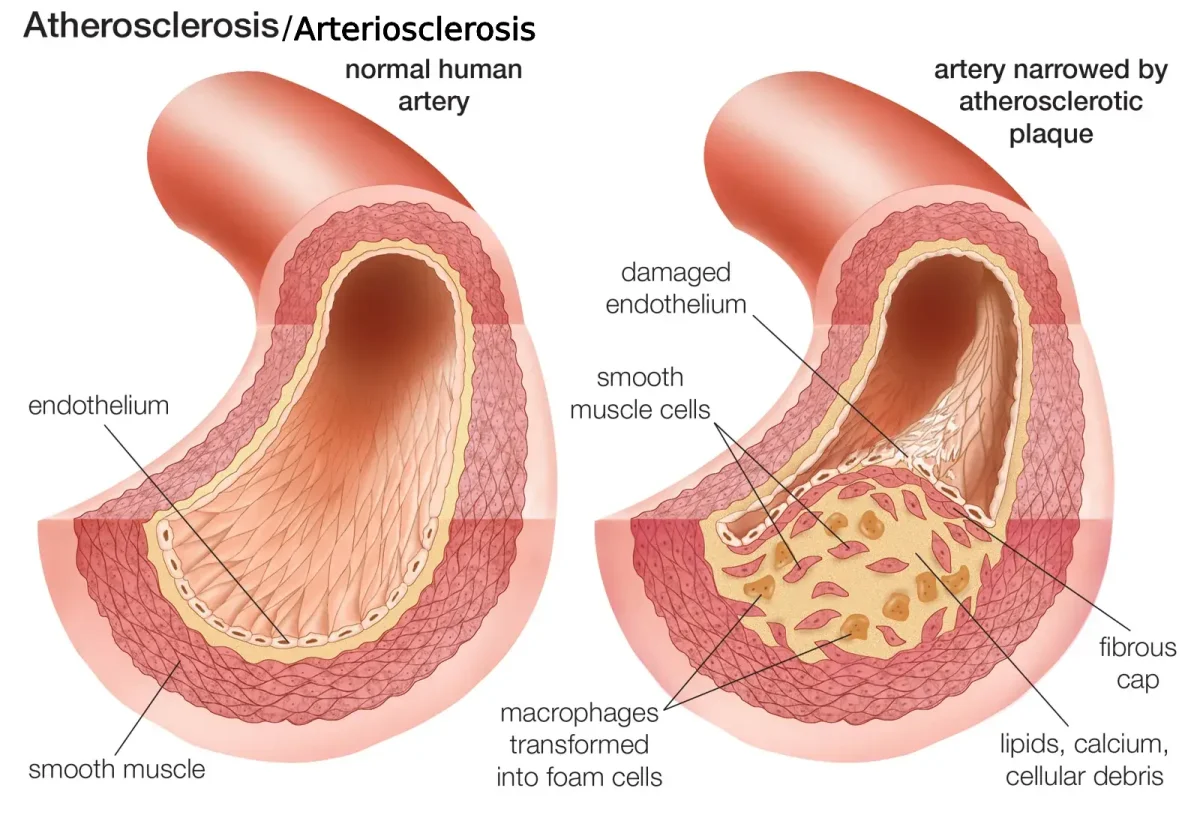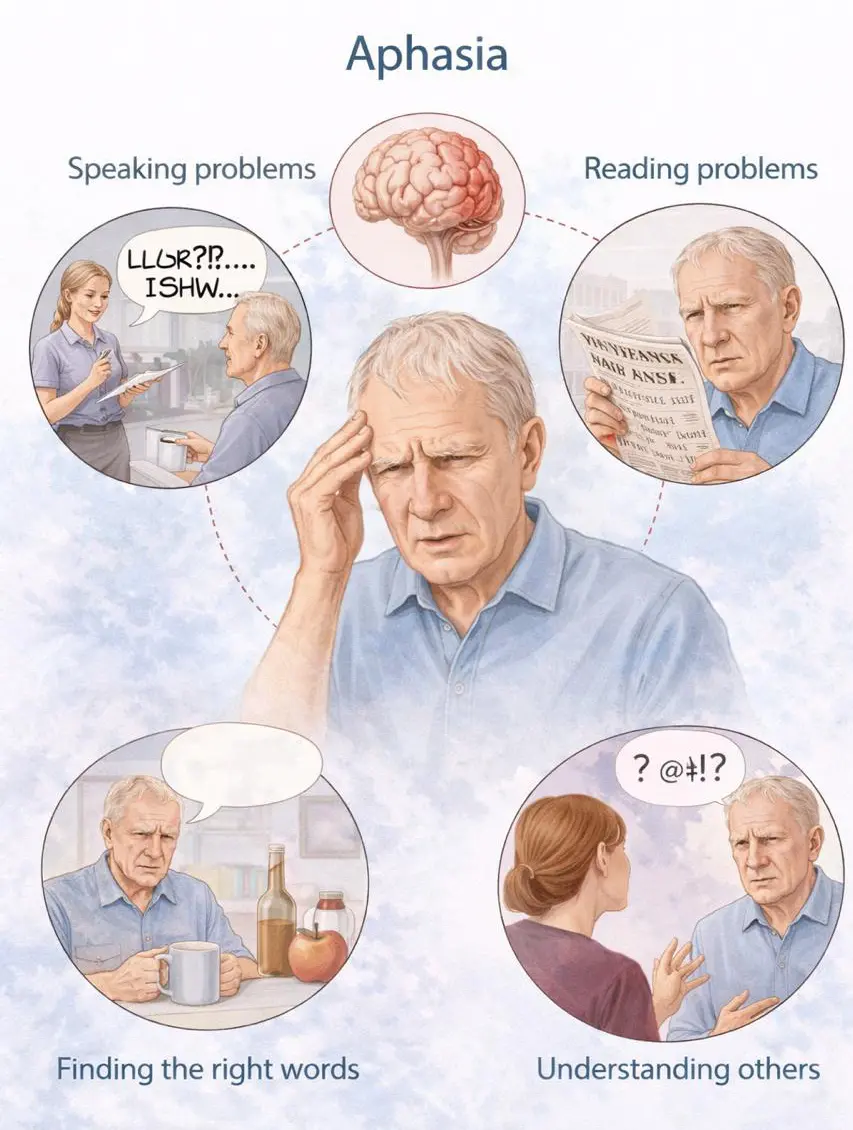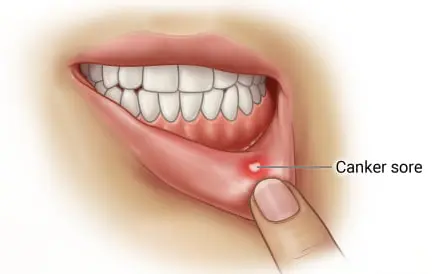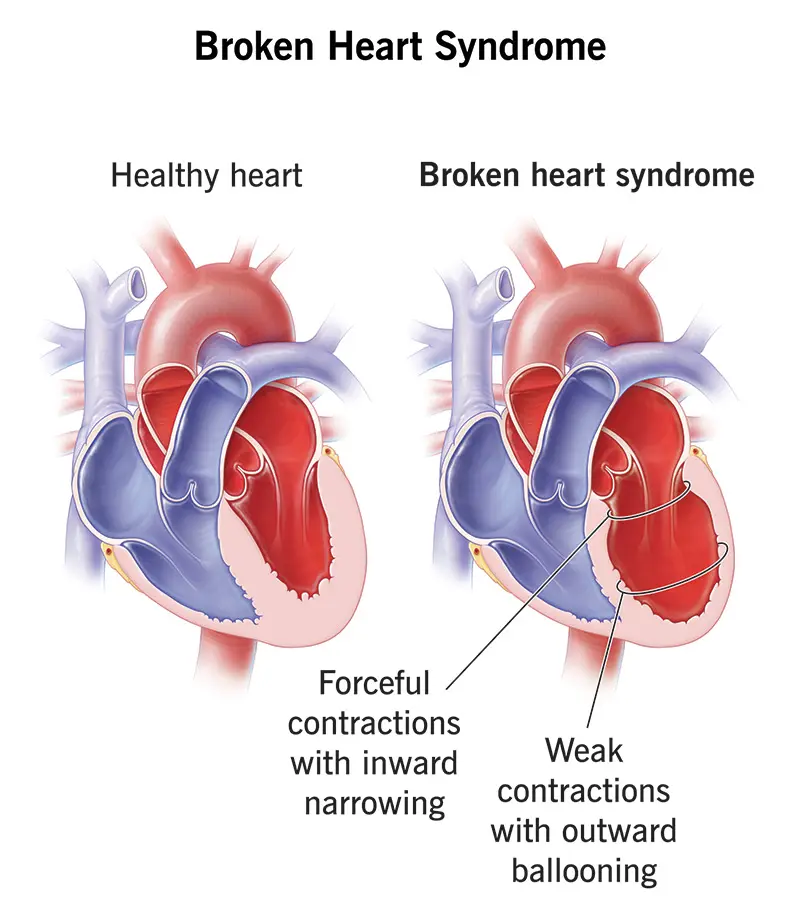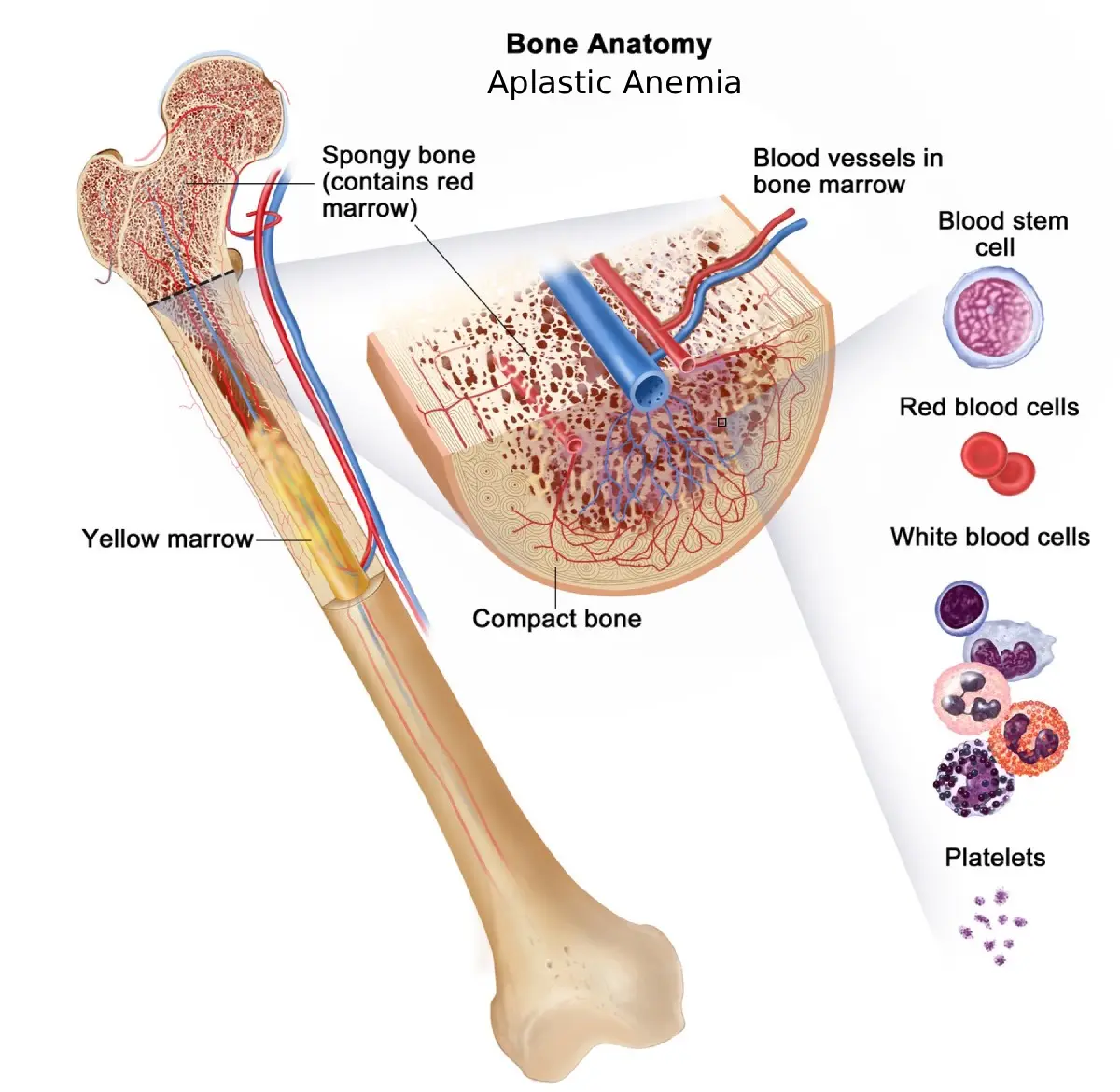A broken arm refers to a fracture in one or more of the bones of the arm. This can include the upper arm bone (humerus), the two forearm bones (radius and ulna), or bones near the wrist or elbow. Broken arms are common injuries that can occur at any age and range from small cracks in the bone to severe …
Thumb Arthritis
Arthritis in your thumb occurs when the protective cartilage cushioning your thumb joints starts to wear out and deteriorate. This type of arthritis is called osteoarthritis. In your thumb, osteoarthritis develops most often in the basal joint at the base of your thumb. This is also called your thumb carpometacarpal (CMC) joint. The CMC joint is located near your wrist at the …
Chiari Malformation
Chiari malformation is a structural condition in which brain tissue extends into the spinal canal. It occurs when part of the skull is abnormally small or misshapen, placing pressure on the brain and forcing the cerebellum downward. Chiari malformations are often present at birth but may not cause symptoms until adolescence or adulthood. The severity and symptoms vary depending on …
Arrhythmia
A heart arrhythmia is an irregular heartbeat that occurs when the electrical signals controlling the heart’s rhythm do not function properly. As a result, the heart may beat too fast, too slow or in an uneven pattern. Some arrhythmias are harmless and may not cause symptoms, while others can be serious and life-threatening. An irregular heartbeat may feel like fluttering, …
Arteriosclerosis / Atherosclerosis
Arteriosclerosis and atherosclerosis are often used interchangeably, but they are not the same condition. Arteriosclerosis is a general term that refers to the thickening and stiffening of arteries. Arteries are blood vessels that carry oxygen- and nutrient-rich blood from the heart to the rest of the body. Healthy arteries are flexible and elastic, allowing blood to flow easily. With arteriosclerosis, …
Aphasia
Aphasia is a disorder that affects communication. It can interfere with the ability to speak, write, and understand both spoken and written language. Aphasia most often occurs suddenly after a stroke or head injury. In some cases, it develops gradually due to a slow-growing brain tumor or a progressive neurological condition that causes ongoing damage to brain cells. The severity …
Primary Progressive Aphasia
Primary progressive aphasia (PPA) is a neurological disorder that affects a person’s ability to speak and communicate. Aphasia is a language disorder that results from damage to key parts of your brain that are responsible for understanding or producing speech and/or writing. When the aphasia is from a brain disease that gets worse over time (progressive neurodegenerative disease), healthcare providers call it …
Canker Sore
A canker sore, also known as an aphthous ulcer, is a small, painful sore that develops inside the mouth. It typically forms on the inner cheeks, lips, tongue, gums, or the soft palate. Canker sores are not contagious and differ from cold sores, which are caused by a viral infection. Although they often heal on their own within one to …
Broken Heart Syndrome
Broken heart syndrome, also known as stress-induced cardiomyopathy or takotsubo cardiomyopathy, is a temporary heart condition that occurs in response to intense emotional or physical stress. It causes a sudden weakening of part of the heart muscle, leading to symptoms that closely resemble a heart attack. Unlike a heart attack, broken heart syndrome is not caused by blocked coronary arteries …
Aplastic Anemia
Aplastic anemia is a condition in which the bone marrow stops making enough new blood cells. This leads to a shortage of red blood cells, white blood cells and platelets. As a result, people with aplastic anemia may feel very tired and are more likely to develop infections and uncontrolled bleeding. Aplastic anemia is rare and can occur at any …
